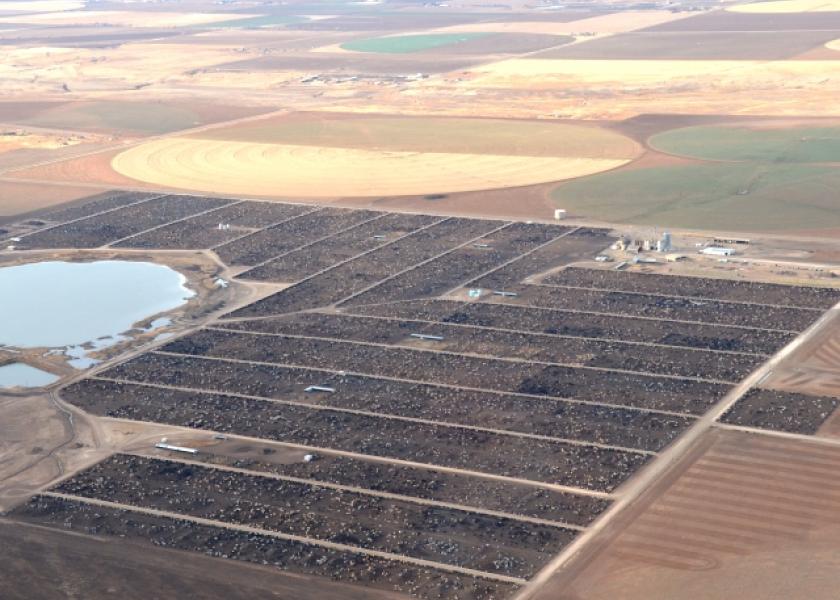Booker's Boondoggle

To hear Sen. Cory Booker tell it, the Farm Systems Reform Act (FSRA) would “create a level playing field for independent family farmers” and “transform the broken system built by multi-national meatpacking companies.”
Specifically, FSRA would “strengthen the Packers & Stockyards Act,” prohibit the use of a tournament or ranking system for paying contract poultry growers, and “require country of origin labeling (COOL) on beef, pork, and dairy products, and for other purposes.” Those are the populist notes Booker needed to hit to gather endorsements from a herd of more than 90 NGAs, ranging from Mercy for Animals, Farm Sanctuary and Earthjustice to the Union Theological Seminary in the City of New York, and even The Alliance of Baptists. Whew.
We can agree the P&SA and COOL provisions have legitimate supporters and detractors. But, Booker (and California Rep. Ro Khanna, who introduced companion legislation in the House of Representatives) seem intent on poisoning the proposal with a pair of non-starters: 1) A moratorium on large, concentrated animal feeding operations (CAFO); 2) Authorizing $100 billion over 10 years to buyout CAFOs and cover transition costs for alternative agriculture activities such as raising pasture-based livestock.
Yep, Booker proposes to legislate an end to all “factory farms” (his term) by Jan. 1, 2040. For cattle, Booker sets a size limit of 1,000 head for operations that exist beyond 2040. If that sounds like it was written by a vegan it’s because it was – Booker has been vegan since election day 2014. While FSRA seeks to drive feedyards out of business, Booker’s plan would soften the blow with a government buyout that would help transition those operations to grass-fed beef.
The National Cattlemen’s Beef Association quickly responded to FSRA.
“Ninety-five percent of cattle raised in the United States visit a feedyard,” said Ethan Lane, NCBA’s vice president of government affairs. “Feeding operations aren’t antithetical to small, family-owned farms and ranches — they’re part and parcel of the same, symbiotic supply chain that produces the most nutritious, sustainable beef in the world.”
Normally, when revolutionary ideas like FSRA are advanced, reasoned folks ask for some research. As in – what impact might we expect on our food system and what might be the economic consequences for both farmers and consumers? Booker has neither, nor are his colleagues calling for research. Why? Because one doesn’t need a Harvard Ph.D. in economics to recognize FSRA would be a disaster for both livestock producers and consumers. Producing beef would take at least twice as long with multiple times the resources and inputs. Consumers would see retail prices skyrocket as supplies dwindle, which is likely the idea.
Did I mention Sen. Booker is vegan?







